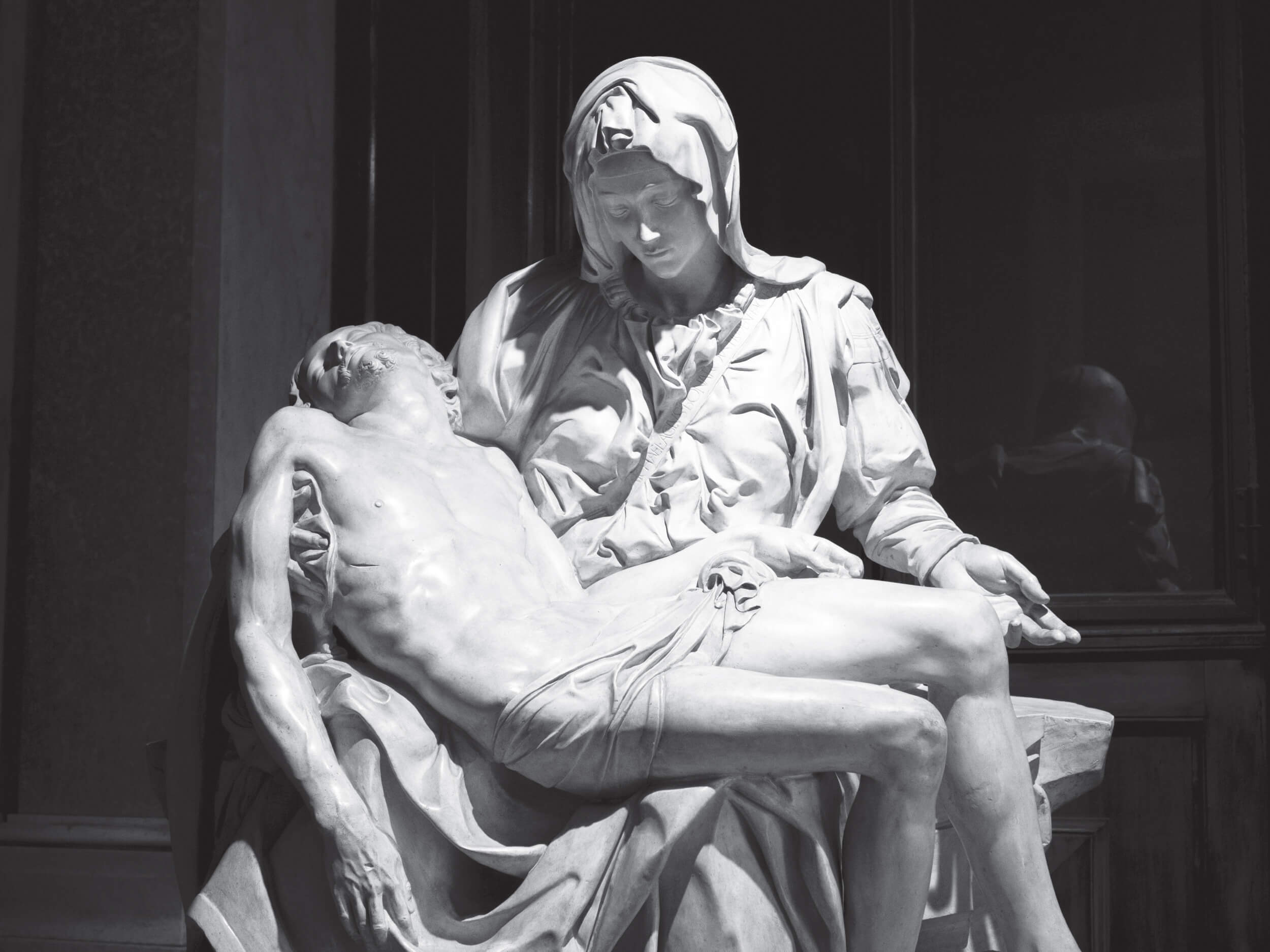The Helena Symphony returns to the Helena Civic Center on 23 October 2021 at 7:30 p.m. for a concert designed to encourage healing through music as a community. A concert of healing to remember those we lost during the pandemic through three miniatures of Mahler allow us to reflect. Legendary Italian composer Gioachino Rossini brings his flair for operatic drama, passion, love, and loss to the setting of Stabat Mater – a recounting of the Virgin Mary’s devastation over the death of her son. Masterworks II will be made possible through the generous sponsorship of AARP Montana, First Montana Land Title Company, and the DoubleTree by Hilton Helena.
“October will be a concert of healing, to remember and mourn those we’ve lost in a way that is fitting through music.” says Maestro Allan R. Scott. Through the work of Rossini and Mahler, we can reflect on our own individual experiences in this past year and find a sense of healing and peace as a community. “It is something we can all relate to, as we all know people that have been lost during this past year.”
October is Domestic Violence Awareness Month. This October the Helena Symphony is partnering with The Friendship Center as part of our dedication to the health and wellness of the Helena community! The Friendship Center serves victims and survivors of domestic violence, sexual assault, and stalking in Lewis and Clark, Jefferson, and Broadwater Counties. Through this partnership the Helena Symphony will be collecting donations of microwavable meals, toiletry products, and clothing as guests enter the concert hall. We encourage our live Helena Symphony audience to bring donations to the Helena Civic Center on the evening of 23 October. For questions and more information, please contact the Helena Symphony office.
It was clear to listeners in 1842 as it is today that Rossini’s creative genius had not waivered. To many, his Stabat Mater picked up where William Tell had left off. The Stabat Mater captures the emotional weight of the text coupled with the musical freshness, dramatic brilliance, and vocal expressiveness that is the hallmark of Rossini’s writing. As with Verdi’s Requiem that came later (Rossini’s death was one of the original inspirations for Verdi’s Requiem), Rossini’s Stabat Mater is often criticized for being too theatrical to be a sacred work, but Rossini considered the undeniable drama to be “opera’s offering to the Church.” And like Verdi, Rossini was not very religious, and yet both composed two of the most dramatic works that capture the power of sacred text more than almost any other. On his death bed and while receiving last rites, Rossini was asked the traditional questions about his faith. Instead of a simple yes, Rossini responded with “would I have been able to compose the Stabat Mater if I had not had faith?”
“Whoever listens to my music intelligently will see my life transparently revealed.” Gustav Mahler’s telling remark not only offers a clue to his own life but also reveals that, for Mahler, the composer’s life and art were inseparable.
Today’s audiences identify with Mahler’s music because it offers answers to their search for eternal beauty, for the meaning of life, and for a better world. Mahler’s works have a powerful appeal to a wide range of emotions, from the serene to the passionate; they range in tone from the ironic to the sublime. Mahler wrote in a letter to his conducting protégé Bruno Walter: There is no doubt that our music involves everything human, including the intellect. When we make music we do not paint or tell stories. Music represents the whole human being – feeling, thinking, breathing, and suffering.
Mahler vowed to live to complete his tenth symphony, thereby avoiding the fate of Beethoven, Schubert, and Dvořák who all died after their ninth symphonies. As fate would have it, Mahler died after completing only the first movement of his Tenth Symphony. Mahler asked for no monument and his tomb bears nothing but his name.
HomeStream Your Helena Symphony presented by AARP Montana
The Helena Symphony is especially grateful to AARP Montana, who secured the naming rights to HomeStream Your Helena Symphony in 2020. “AARP Montana is so excited to help bring the artistic excellence of the Helena Symphony’s music-making to people in the safety of their homes,” says Tim Summers, State Director of AARP Montana.
There is no charge for the HomeStream Your Helena Symphony presented by AARP Montana, which will be available on YouTube, the Helena Symphony’s website, and the Symphony’s Facebook page. There will be an option available online and through Venmo to donate to the Helena Symphony.

